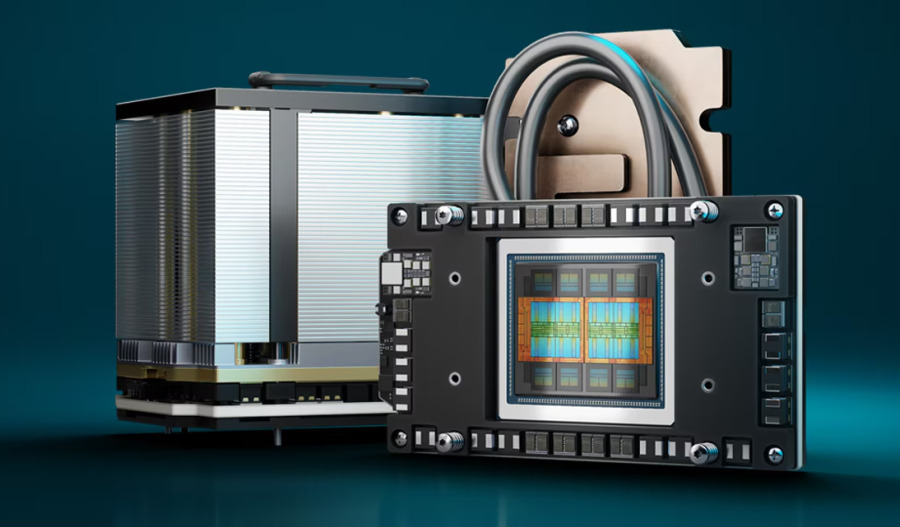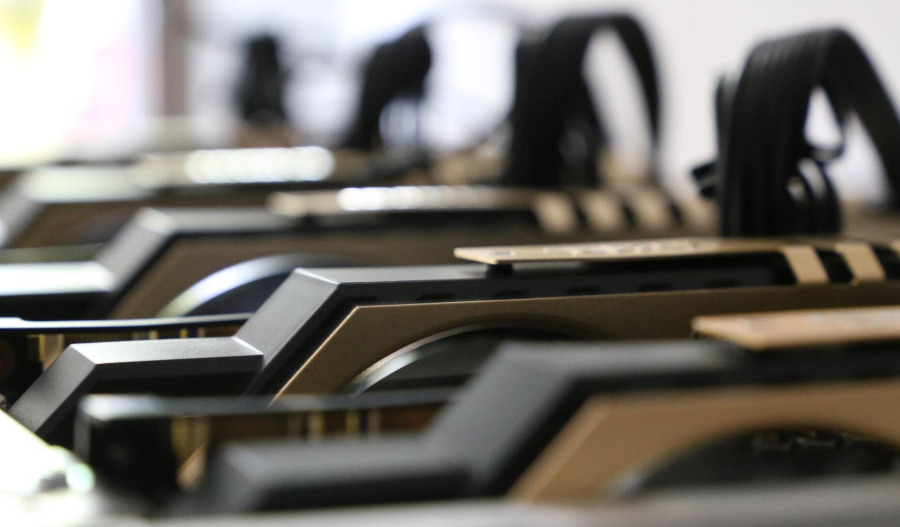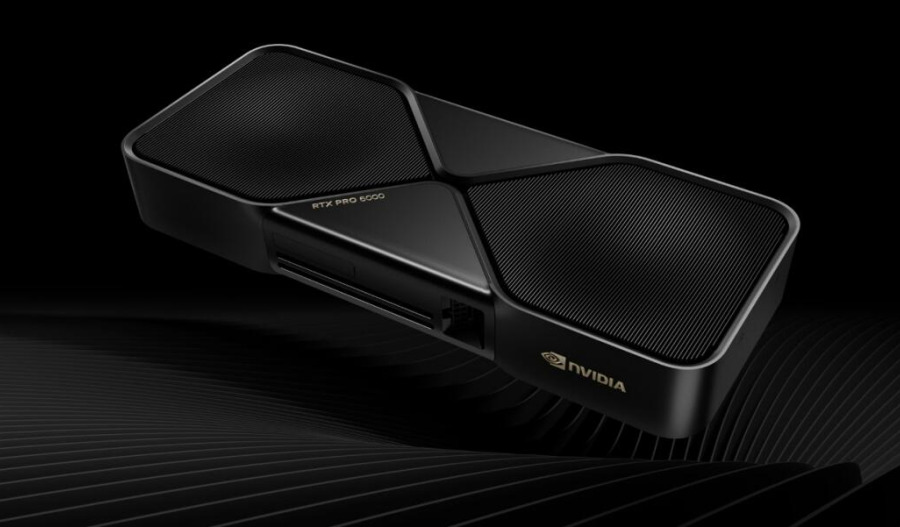In a bid to safeguard the European supply of semiconductors for cars and other electronic goods and protect the region’s economic security, the Dutch government has taken control of Nexperia, a Chinese-owned chipmaker based in the Netherlands.
The Hague said it has intervened in Dutch-headquartered Nexperia - which manufactures chips for cars and consumer electronics - due to "serious governance shortcomings" and to prevent the chips from becoming unavailable in an emergency.
While Nexperia is not owned by the Chinese government, the Dutch government is understood to have cited worries about the possible transfer of technology to Nexperia’s Chinese parent company, Wingtech.
Meanwhile, the privately run Wingtech has vowed to take action to protect its rights, which may include seeking government support.
The development has escalated tensions between the European Union and China, which have increased in recent months over trade and Beijing's relationship with Russia.
This is the first time foreign governments have taken issue with Wingtech.
In December 2024, the U.S. government placed Wingtech on its so-called "entity list" for its alleged role in aiding China’s government’s efforts to acquire entities with sensitive semiconductor manufacturing capability.
Under the regulations, U.S. companies are barred from exporting American-made goods to businesses on the list unless they have special approval.
In the UK, Nexperia was forced to sell its silicon chip plant in Newport, after MPs and ministers expressed national security concerns.
Meanwhile, due to "acute signals of serious governance shortcomings" within Nexperia, the Dutch Economic Ministry said it made the unprecedented decision to invoke the Goods Availability Act, which saw Wingtech’s shares drop 10% Shanghai on Monday.
While the Dutch government will not take ownership of Nexperia, but under the order, the Dutch Minister of Economic Affairs, Vincent Karremans, now has the power to reverse or block management decisions it considers harmful.
"These signals posed a threat to the continuity and safeguarding on Dutch and European soil of crucial technological knowledge and capabilities," the ministry noted while pulling short of not detailing why it thought Nexperia’s operations were risky.
"Losing these capabilities could pose a risk to Dutch and European economic security."
For now, Wingtech said its operations were continuing uninterrupted and it remained in close communication with its suppliers and customers.
A Nexperia spokesperson said the company "complies with all existing laws and regulations, export controls and sanctions regimes," and had no further comment.
Earlier this month, the company's chairman, Zhang Xuezheng, was suspended from Nexperia's boards by an Amsterdam court order.
Wingtech has called the Dutch government’s intervention in Nexperia, once part of Dutch electronics group Philips, “excessive interference driven by geopolitical bias”.
Wingtech has also alleged that non-Chinese Nexperia executives had tried to forcibly alter the company’s equity structure through legal proceedings in a “cloaked power grab” on the company.
Wingtech, which bought Nexperia for $3.63 billion in 2018, is understood to be consulting with lawyers and seeking government support to “protect the legitimate rights and interests of the company”.
One of the world’s largest makers of simple computer chips such as diodes and transistors, Nexperia also develops more advanced technologies such as “wide gap” semiconductors used in electrical settings and useful for electric cars, chargers and artificial intelligence data centres.

Join our community of decision-makers. No card required
Join now

